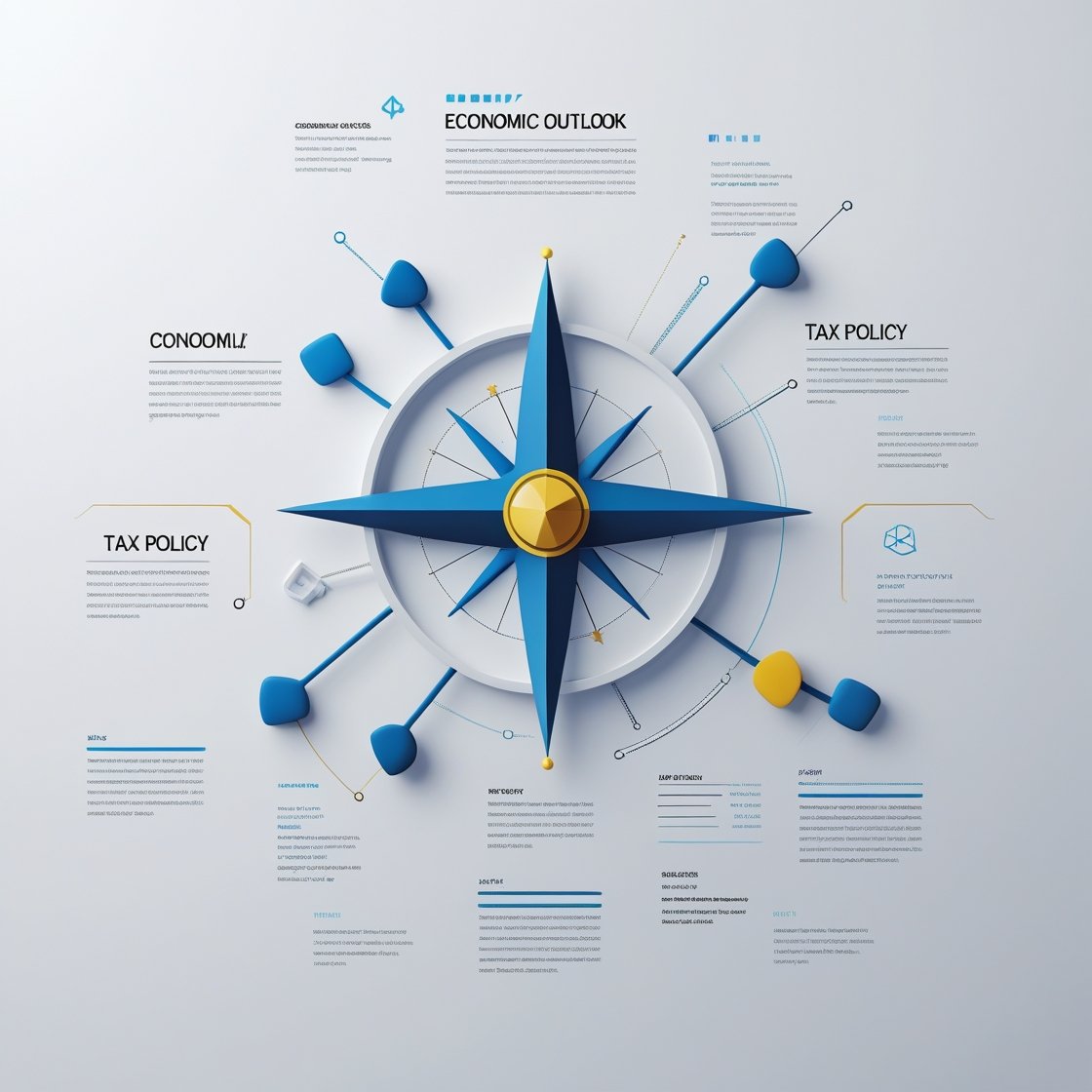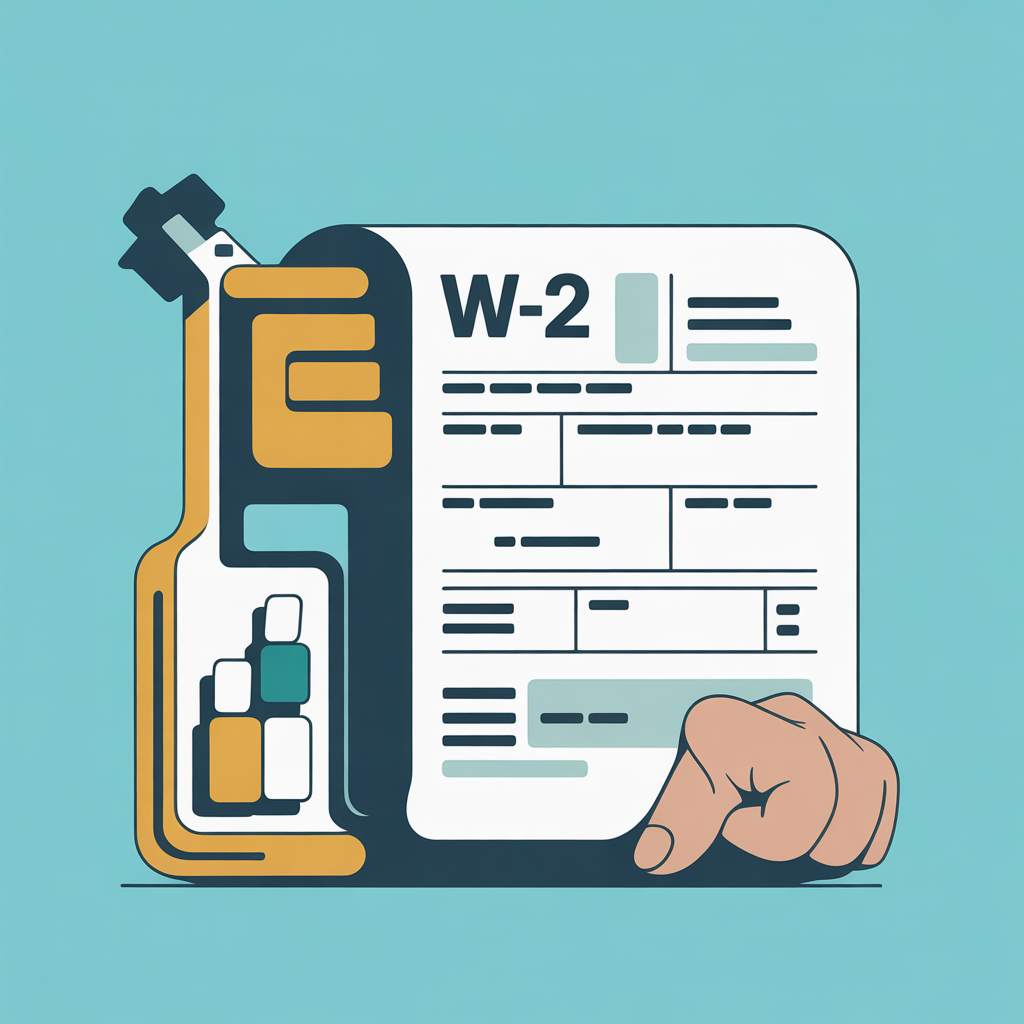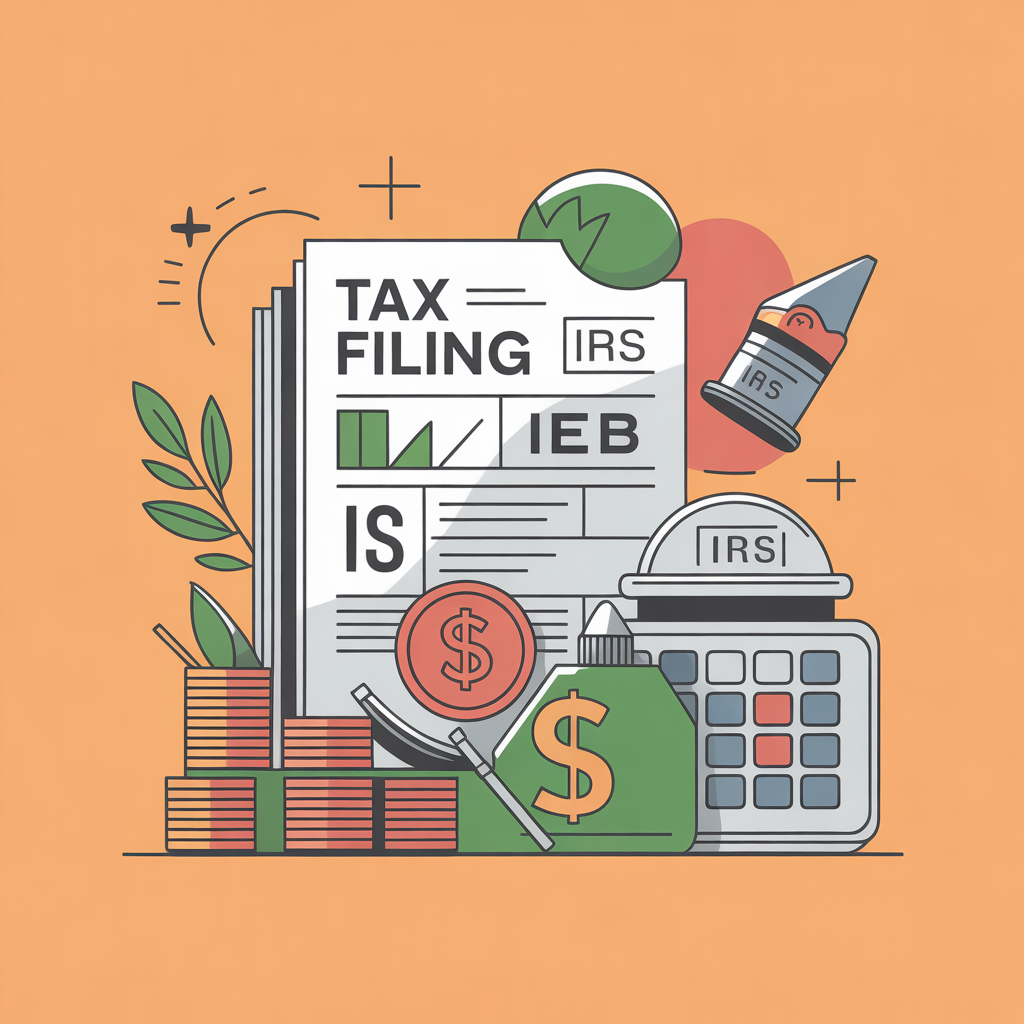As we move into 2025, the economic landscape in the United States is facing a series of challenges and policy debates that will have significant implications for businesses and individuals alike. With signs of an economic slowdown emerging, policymakers are grappling with how best to navigate fiscal policy, tax cuts, and spending adjustments to stabilize growth.
A Shifting Economic Landscape
Recent data suggest that the U.S. economy, which had been experiencing robust growth in prior years, is now showing signs of a slowdown. Analysts predict a potential 2.8% contraction in the first quarter of 2025, raising concerns about a possible recession. This downturn has intensified discussions in Congress about fiscal policy strategies to stimulate growth while maintaining fiscal responsibility.
The House’s Tax Cut and Spending Plan
In response to economic concerns, the House of Representatives recently passed a budget resolution that outlines $4.5 trillion in tax cuts over the next decade. The plan also proposes $2 trillion in spending cuts, but critics argue that this could lead to a significant increase in the national deficit—estimated at $2.8 trillion over the same period.
One of the most contentious aspects of this plan is the extension of expiring tax cuts. If these cuts are made permanent, the total cost could exceed $4 trillion, further straining the federal budget. Supporters argue that lower taxes will spur investment and job creation, but opponents warn that without offsetting revenue measures, the plan could exacerbate long-term fiscal challenges.
The Senate’s Perspective on Tax Reform
The Senate has been debating whether to support the House’s plan or propose alternative measures. Some senators advocate making tax cuts permanent to provide certainty for businesses and households. Others caution that rising deficits could eventually necessitate higher interest rates, making borrowing more expensive for both the government and private sector.
With inflationary pressures still a concern, policymakers are treading carefully to avoid excessive stimulus that could lead to further economic instability. Finding the right balance between tax relief and sustainable fiscal policy remains a pressing issue.
Implications for Businesses and Individuals
For businesses, the tax policy debate creates uncertainty in financial planning and investment strategies. Companies must consider how potential changes in corporate tax rates and deductions could impact their bottom line.
For individuals, the outcome of these policy decisions will determine their tax burden in the coming years. While lower tax rates may provide short-term relief, concerns about growing deficits and potential cuts to public services loom large.
Contact us: +1 (972)-996-6644
Email us : info@theriwa.com Visit our website : https://theriwa.com/






